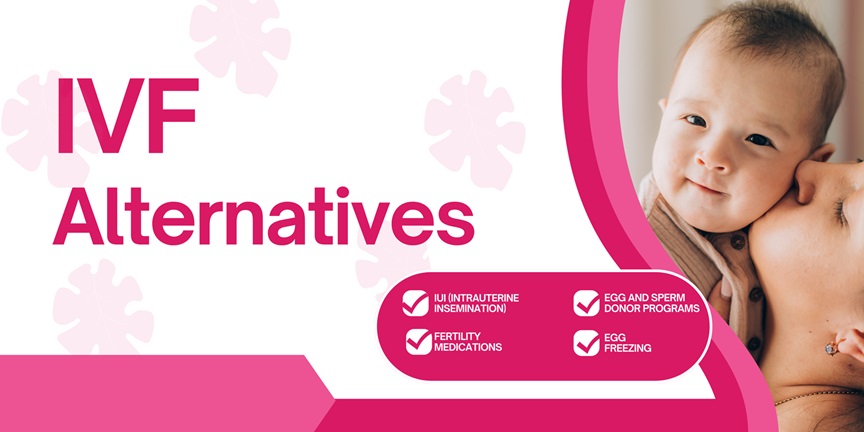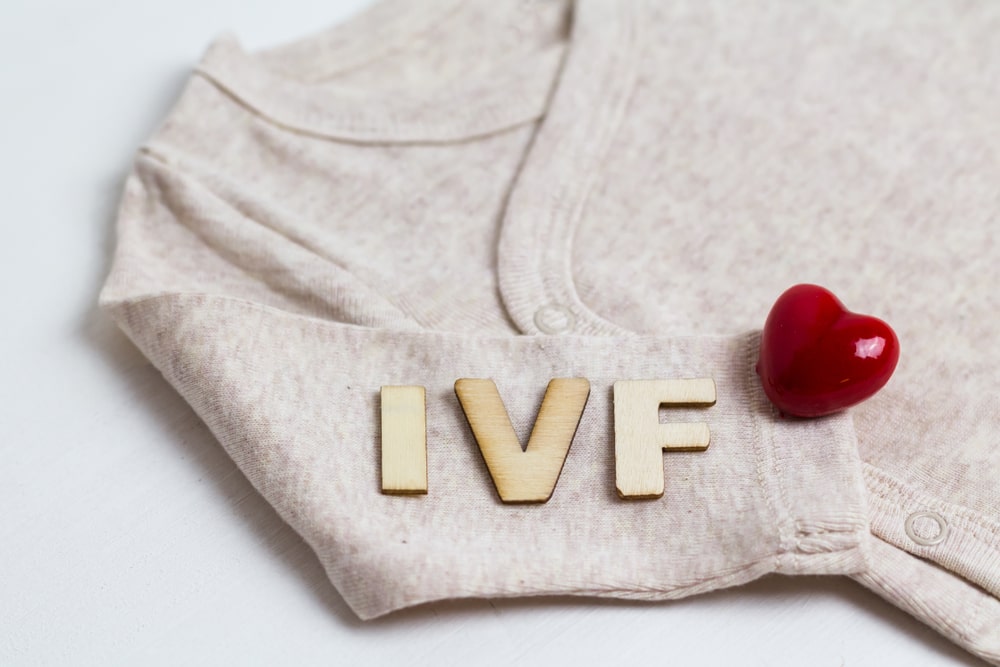In recent years, societal shifts and lifestyle changes have given rise to new family structures and trends. One of the most significant among these is the rise of the DINK (Double Income, No Kids) phenomenon. This term describes couples who have opted to remain child-free, focusing instead on their careers, financial stability, and personal freedom. While this lifestyle choice is empowering for many, it raises questions about its impact on fertility rates and the broader implications for society. In this blog, we will explore the DINK trend, its reasons, its impact on fertility, and the future implications of declining birth rates.
What is DINK (Double Income, No Kids) ?
DINK (Double Income, No Kids) refers to a lifestyle and demographic trend where a couple, typically both working and earning an income, chooses not to have children. These couples often prioritize career advancement, financial stability, personal freedom, and lifestyle choices, such as travel and leisure activities, over starting a family. The DINK lifestyle is becoming increasingly popular, particularly in urban areas, as societal norms evolve and the cost of raising children continues to rise.

The Rise of the DINK Lifestyle
1. Socioeconomic Factors
The rise of the DINK lifestyle is closely linked to changes in socioeconomic conditions. Over the past few decades, there has been a significant shift in gender roles and expectations. More women are pursuing higher education and establishing successful careers. As a result, the traditional notion of starting a family early in life has evolved. Couples now prioritize financial stability, career advancement, and personal fulfillment before considering parenthood.
Furthermore, the increasing cost of living, particularly in urban areas, has made the idea of raising children more daunting. High housing costs, expensive education, and healthcare expenses are significant deterrents for many couples. The DINK lifestyle allows couples to enjoy a higher standard of living, travel, and invest in personal growth without the financial burden of raising children.
2. Cultural Shifts
Cultural shifts have also played a crucial role in the rise of the DINK lifestyle. In the past, societal norms dictated that marriage and children were essential milestones in life. However, modern society has become more accepting of diverse life choices. The decision to remain child-free is no longer stigmatized but is seen as a valid personal choice. Media representation of child-free couples, celebrities who openly embrace this lifestyle, and online communities have further normalized the DINK lifestyle.
3. Changing Priorities
For many couples, the decision to remain child-free is driven by a desire for autonomy and personal fulfillment. The DINK lifestyle allows individuals to pursue their passions, travel, and enjoy life without the responsibilities of parenthood. The ability to focus on personal goals, maintain a work-life balance, and avoid the stress associated with raising children is highly appealing to many.
The Impact of the DINK Lifestyle on Fertility Decline
While the DINK lifestyle offers numerous benefits to couples, it also contributes to the broader issue of declining fertility rates. Fertility decline is a complex phenomenon influenced by various factors, and the DINK trend is one of the contributors.
1. Delayed Parenthood
One of the most significant impacts of the DINK lifestyle on fertility is the delay in parenthood. Couples who prioritize their careers and financial stability often postpone having children until later in life. While this allows them to achieve their professional and personal goals, it also increases the risk of fertility issues. As women age, their fertility naturally declines, making it more challenging to conceive. Men’s fertility also decreases with age, albeit to a lesser extent.
2. Voluntary Childlessness
The DINK lifestyle is often synonymous with voluntary childlessness, where couples make a conscious decision not to have children at all. This choice is influenced by various factors, including personal preferences, environmental concerns, and a desire to maintain a certain lifestyle. While voluntary childlessness is an individual choice, when adopted by a significant portion of the population, it contributes to declining birth rates.
3. Social and Economic Implications
The declining fertility rates associated with the DINK lifestyle have broader social and economic implications. A shrinking population can lead to a reduced workforce, which may hinder economic growth. Additionally, an aging population places a strain on healthcare systems and social security programs, as there are fewer young people to support the elderly.
The Future of Fertility: Balancing Personal Choices and Social Needs
As the DINK lifestyle becomes increasingly popular, it is essential to consider the long-term implications of declining fertility rates. While personal autonomy and the freedom to choose a child-free life are important, there is also a need to balance these choices with the needs of society.
1. Promoting Fertility Awareness
One of the key strategies to address declining fertility rates is to promote fertility awareness among individuals and couples. Many people are unaware of the impact of age on fertility and the challenges associated with delayed parenthood. Educational campaigns and resources that provide information on fertility health, the risks of postponing parenthood, and the available options for fertility preservation can help individuals make informed decisions.
2. Supporting Work-Life Balance
Another critical factor in addressing declining fertility is supporting work-life balance. Many couples choose the DINK lifestyle because they feel that parenthood is incompatible with their career aspirations. To encourage parenthood, employers and policymakers can implement family-friendly policies, such as flexible work arrangements, paid parental leave, and affordable childcare. These measures can help alleviate the stress and financial burden associated with raising children, making parenthood a more attractive option.
3. Encouraging Sustainable Lifestyles
Environmental concerns are a significant factor in the decision to remain child-free for many couples. The fear of overpopulation, resource depletion, and climate change has led some to choose a life without children. To address these concerns, governments and organizations can promote sustainable lifestyles and practices that reduce the environmental impact of raising children. This includes advocating for eco-friendly products, supporting renewable energy, and encouraging responsible consumption.
4. Reimagining Family Structures
As society continues to evolve, there is a growing need to reimagine traditional family structures. The concept of family is no longer limited to the nuclear family model. Alternative family structures, such as single-parent families, co-parenting arrangements, and communal living, are becoming more common. These diverse family models can provide support and stability for individuals who choose to have children later in life or who prefer non-traditional parenting arrangements.
Fertility Treatments and the Role of IVF
For couples who choose to delay parenthood or face fertility challenges, assisted reproductive technologies (ART) like In Vitro Fertilization (IVF) offer hope. IVF has become a widely accepted and effective solution for couples struggling with infertility due to age, medical conditions, or lifestyle choices.
1. Understanding IVF
IVF is a process in which eggs are retrieved from a woman’s ovaries and fertilized with sperm in a laboratory. The resulting embryos are then transferred to the uterus for implantation. IVF is a versatile treatment that can be used in various scenarios, including advanced maternal age, unexplained infertility, and male factor infertility.
2. The Role of Egg Freezing
For individuals who choose to delay parenthood, egg freezing is an option that allows them to preserve their fertility. This process involves retrieving and freezing eggs at a younger age when fertility is at its peak. The frozen eggs can later be thawed and used in IVF when the individual or couple is ready to start a family. Egg freezing provides a safety net for those who want to prioritize their careers or personal goals without sacrificing their ability to have children in the future.
3. The Importance of Early Intervention
One of the critical messages for couples considering the DINK lifestyle is the importance of early intervention when it comes to fertility. While the DINK lifestyle may be fulfilling in the short term, it is essential to be aware of the potential challenges that may arise when trying to conceive later in life. Consulting with a fertility specialist early on can provide valuable insights into one’s fertility health and the options available to preserve fertility for the future.
Conclusion: Navigating the DINK Lifestyle and Fertility Decline
The DINK lifestyle represents a significant cultural shift in how modern couples approach life, career, and family planning. While it offers numerous benefits, including financial stability, personal freedom, and career advancement, it also contributes to the broader issue of declining fertility rates. As a society, it is essential to find a balance between personal choices and societal needs, ensuring that individuals have the freedom to choose their path while also addressing the long-term implications of declining birth rates.
Fertility awareness, supportive policies, and access to assisted reproductive technologies like IVF are crucial components in navigating this complex landscape. By promoting informed decision-making and offering solutions to those who wish to delay parenthood, we can empower individuals to make choices that align with their values and aspirations while also contributing to a sustainable future.
At Nandi IVF, we understand the importance of making informed decisions about fertility and family planning. Whether you are considering the DINK lifestyle, exploring fertility preservation options, or seeking assistance with conception, our team of experts is here to support you every step of the way. Together, we can navigate the challenges of modern life and create a future that embraces both personal fulfillment and the joys of parenthood.


















